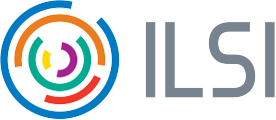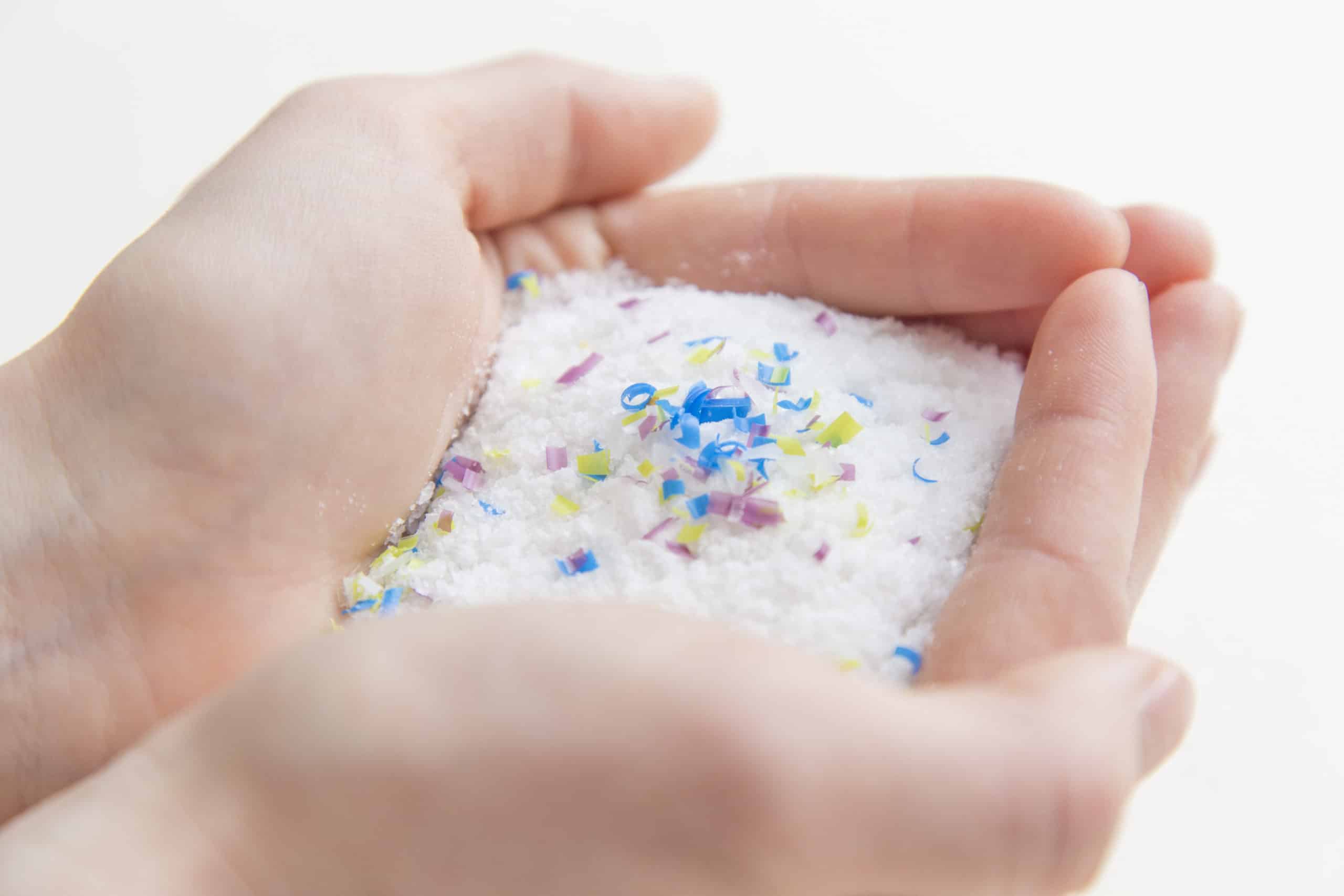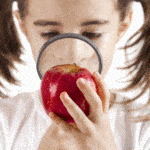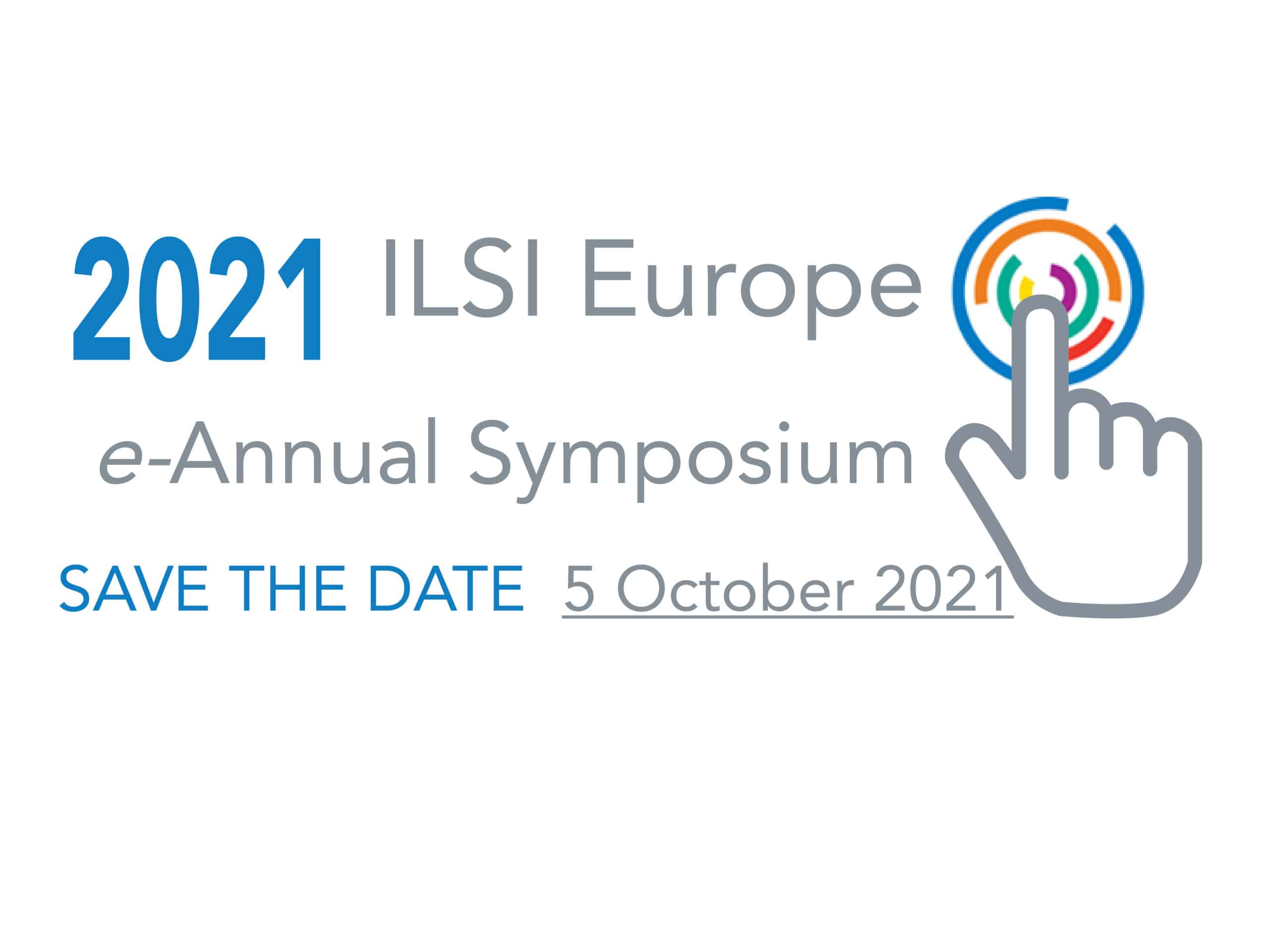Activity Document 2022
The Activity Document gives an overview of all activities we carry out. It includes a presentation of our yearly portfolio of new and current activities, including Task Forces, Expert Groups and online seminars. This document consists also of an overview of other projects we partner with, such as EU-funded and other collaborative ones with other ILSI Entities and/or organisations.
Expert perspective
The webinar was organised on 29 November 2021 and it was hosted by Dr Todd Gouin and Prof Bart Koelmans, both contributing to the ILSI Europe Microplastics Initiative.
Experts contributing to the event were:
MSc Jana Weisser, Technical University of Munich, DE
Dr Olivia Osborne and MSc Frederique Uy, Food Standards Agency, UK
Dr Sabine Pahl, University of Vienna, AT
Consumer questions
The event was free and wide open for interested audiences.
Consumers were welcome to submit questions about microplastics in food and beverage to the experts both in advance via a form and during the event.
The questions were answered in the discussion part of the webinar and the live Q&A session.
What do consumers want to know about microplastics?
Most of the questions consumers asked were about possible ingestion of microplastics with food or beverage are to do with the particles' sources, the potential risks they pose for consumer health and suitable mitigation strategies that individuals can undertake to limit their own exposure.
All those questions are actively explored by researchers and currently tentative answers are available. Data gaps were identified and discussed. While many reports focus on microplastics in drinking water, sea food, and sea salt, some hint that such particles are present in a variety of fresh and processed foods. At the same time, an important note needs to be made, that in many cases, especially, when considering fish and sea foods, the microplastics particles are often found in parts of the organism that are generally not consumed.
The question about the sources of microplastics in food is also a complex one. While contamination from production lines and packaging is possible, so is the contamination from preparation at home and atmospheric deposition. To make this estimate more precisely, a harmonised methodology and standardisation of analytical methods are necessary and challenging to achieve.
In summary, there is limited information on the potential human health effects from microplastics and a comprehensive risk assessment still cannot be done.
ILSI Europe’s new sustainability pillar shapes a new roadmap of activities
ILSI Europe launched a new Sustainability Pillar with a roadmap of activities that are aligned with the United Nations’ Sustainable Development Goals 12 and 13, and the European Union (EU) goal to become the first carbon neutral continent by 2050.
Micro- and nanoplastics: where are we in Europe?
On May 6-7, researchers from academia and industry, and regulators gathered to establish a coordinated approach to assess the human health risks of micro- and nanoplastics in food during EFSA 25th Scientific Colloquium.
Authors: Siméon Bourdoux and Nevena Hristozova, ILSI Europe Scientific Project Managers for the European Consortia FoodSafety4EU.
Empowering consumers to make evidence-based nutritional decisions - Can we deliver?
ILSI Europe contributed to the Food4Health Conference, co-organised by EIT Food and EIT Health, by addressing the importance of continuous engagement with consumers and patients . The multistakeholder approach was put forward as a model with proven success in reaching wider audiences.
Nearly to 300 people registered to the 1-day Annual Symposium that took place on October the 5th 2021
More than 40 experts and food professionals from all around the world nurtured the programme, addressing subjects such as Nutritional Psychiatry, Food Systems transformation or Personalised Nutrition, among others. All sessions were recorded.





